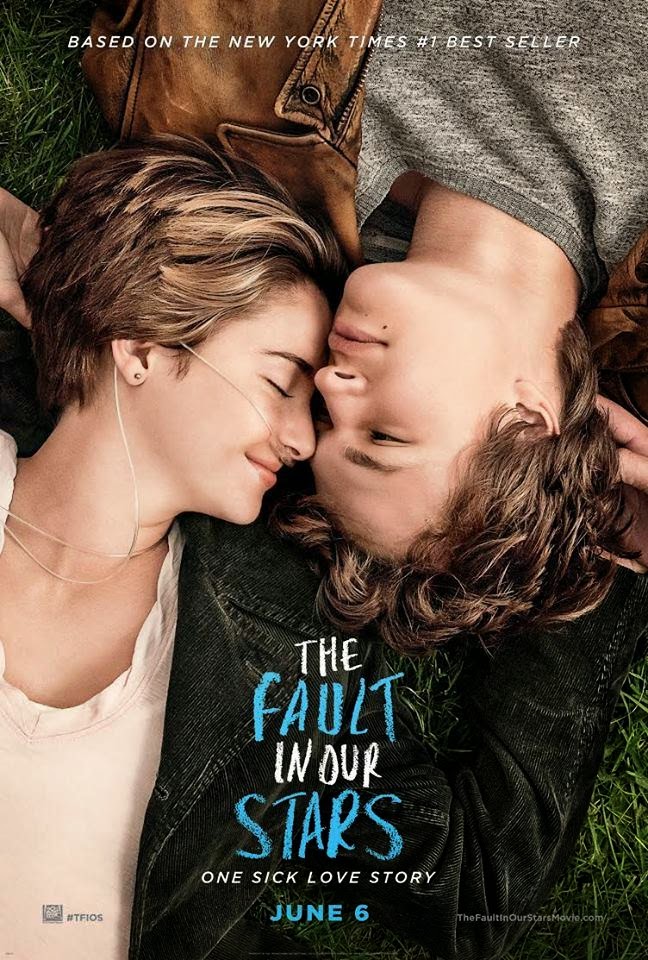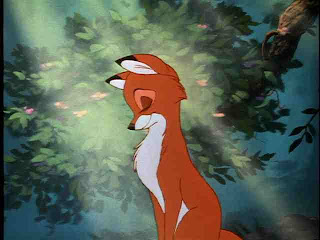Locke (2014)
Starring Tom Hardy and the voice talents of Olivia Colman, Ruth Wilson, Tom Holland, Andrew Scott, and Ben Daniels
Directed by Steven Knight
Maybe I was just remembering the trailer incorrectly, but Locke was not what I expected at all. Previews seemed to indicate some life or death situation occurring to the title character as he raced somewhere in his car. Nope. Locke is a rather simple story of Ivan Locke (played by Tom Hardy), a successful construction worker starting a build on one of the largest high rises in England, who gets a phone call one evening that forces him to abandon both the construction site and his family and drive to London to meet another woman. I'm leaving the details of the situation out of the picture here because, quite frankly, there isn't a whole lot that happens in this movie and the details are at least an interesting aspect as the bits and pieces are unfolded for us.
Taking place entirely within the confines of Locke's fancy BMW, director Steven Knight does a nice job of keeping the visuals interesting, and while his screenplay does a solid job of detailing Locke's story through the use of a variety of telephone calls Locke makes and receives on his way to London, I didn't care as much as I should. There's a mundaneness to the proceedings which I think is partly the point -- the universality of "this could be anyone" -- but also makes me ponder why the film needed to be made in the first place.
Tom Hardy is certainly solid here as a family man with an indiscretion that begins a downward spiral for his life and he does a good job holding our interest (which is absolutely necessary considering he's the only person we see the entire film), but I don't know if there's enough oomph here to reasonably say Locke should have ever been made. I understand why some find this "day in the life" (or, more appropriately "ninety minutes in the life") an intriguing piece of cinema, but for me, it's just okay, leaving me feeling empty rather than any type of sympathy for its main character.
Taking place entirely within the confines of Locke's fancy BMW, director Steven Knight does a nice job of keeping the visuals interesting, and while his screenplay does a solid job of detailing Locke's story through the use of a variety of telephone calls Locke makes and receives on his way to London, I didn't care as much as I should. There's a mundaneness to the proceedings which I think is partly the point -- the universality of "this could be anyone" -- but also makes me ponder why the film needed to be made in the first place.
Tom Hardy is certainly solid here as a family man with an indiscretion that begins a downward spiral for his life and he does a good job holding our interest (which is absolutely necessary considering he's the only person we see the entire film), but I don't know if there's enough oomph here to reasonably say Locke should have ever been made. I understand why some find this "day in the life" (or, more appropriately "ninety minutes in the life") an intriguing piece of cinema, but for me, it's just okay, leaving me feeling empty rather than any type of sympathy for its main character.
The RyMickey Rating: C
































